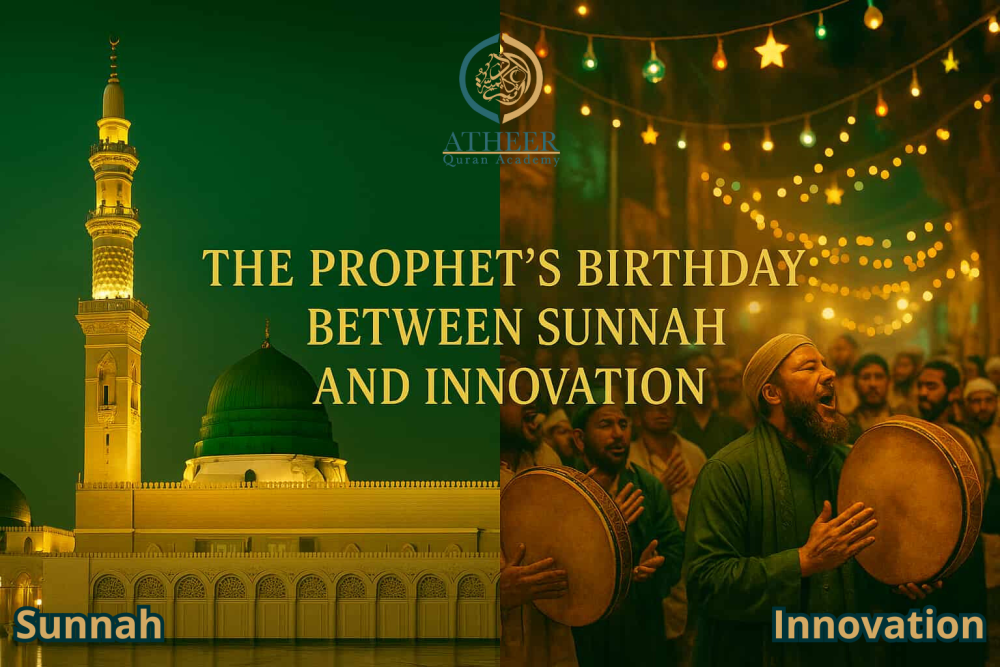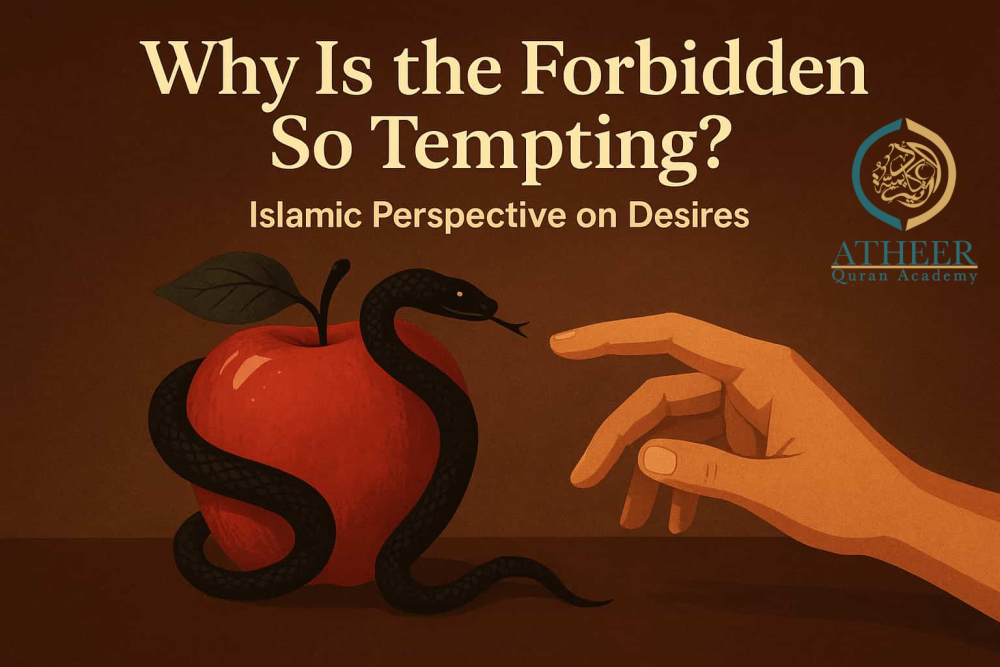Post Detail

The Prophet’s Birthday (Mawlid al-Nabawi): History, Rulings, and Reflections
- 2025-08-16 13:30:00
Discover the history, meaning, and diverse Islamic views on Mawlid al-Nabi (the Prophet Muhammad’s birthday). Learn about its cultural significance, scholarly opinions, and practical tips on how Muslims commemorate it worldwide
The Prophet’s Birthday (Mawlid al-Nabawi): History, Rulings, and Reflections
Introduction
The Prophet Muhammad’s birthday (Mawlid al-Nabawi) is one of the most discussed occasions in the Muslim world. Every year, Muslims across the globe reflect on the birth of the Messenger of Allah ﷺ, his message, and his noble character. While some celebrate it with gatherings, lectures, and remembrance, others raise questions about the religious ruling on this event.
This article explores the history of Mawlid, the scholarly opinions regarding its permissibility, common practices, and some practical advice for Muslims seeking to honor the Prophet ﷺ in a way that aligns with Islamic teachings.
Historical Background of Mawlid
- When was the Prophet born?
According to the majority of scholars, the Prophet ﷺ was born on the 12th of Rabi’ al-Awwal in the Year of the Elephant (570 CE). - When did the celebration begin?
The formal public celebration of Mawlid is believed to have started in the Fatimid period in Egypt and later became widespread in many parts of the Muslim world.
Fiqh Opinions: Is Celebrating Mawlid Permissible?
Scholars have differed on the ruling of Mawlid:
- Those who permit it (with conditions):
- Many scholars, including Imam al-Suyuti and Ibn Hajar al-‘Asqalani, considered Mawlid permissible as long as it includes remembrance of Allah, Seerah (life of the Prophet), and charity, without engaging in prohibited innovations.
- Their reasoning: It is a way to express love for the Prophet ﷺ and to revive his Sunnah.
- Those who discourage or forbid it:
- Some scholars, such as Ibn Taymiyyah and al-Shatibi, argued that Mawlid was not practiced by the Prophet ﷺ or his companions, and therefore introducing it could lead to innovation (bid‘ah).
- Their reasoning: True love for the Prophet is shown by following his Sunnah in daily life, not through innovations.
Common Questions (FAQ)
Q1: Is Mawlid mentioned in the Qur’an or Sunnah?
➡ No, it is not directly mentioned. However, the Qur’an encourages remembering Allah’s favors and the Prophet’s mission (Surah Yunus 10:58).
Q2: How can Muslims benefit from Mawlid gatherings?
➡ By focusing on learning the Seerah, increasing love for the Prophet, giving charity, and reviving Sunnah practices.
Q3: Is celebrating Mawlid a form of bid‘ah (innovation)?
➡ It depends on how it is observed. If it includes haram activities (music, extravagance, or mixing of genders), it becomes blameworthy. If it focuses on knowledge and remembrance, many scholars allow it.
Practical Tips for Muslims on Mawlid
- Read and teach Seerah to children and families.
- Send abundant Salawat (peace and blessings) upon the Prophet ﷺ.
- Give charity in honor of the Prophet’s birth.
- Avoid extravagance and prohibited activities during celebrations.
- Remember that true love is in obeying his Sunnah daily.
Conclusion
Mawlid al-Nabawi is more than just a celebration — it is a reminder of the mercy that Allah sent to humanity. Whether one chooses to celebrate formally or not, every Muslim should use this time to strengthen their relationship with the Prophet ﷺ by learning his life, following his guidance, and increasing in love for him.





